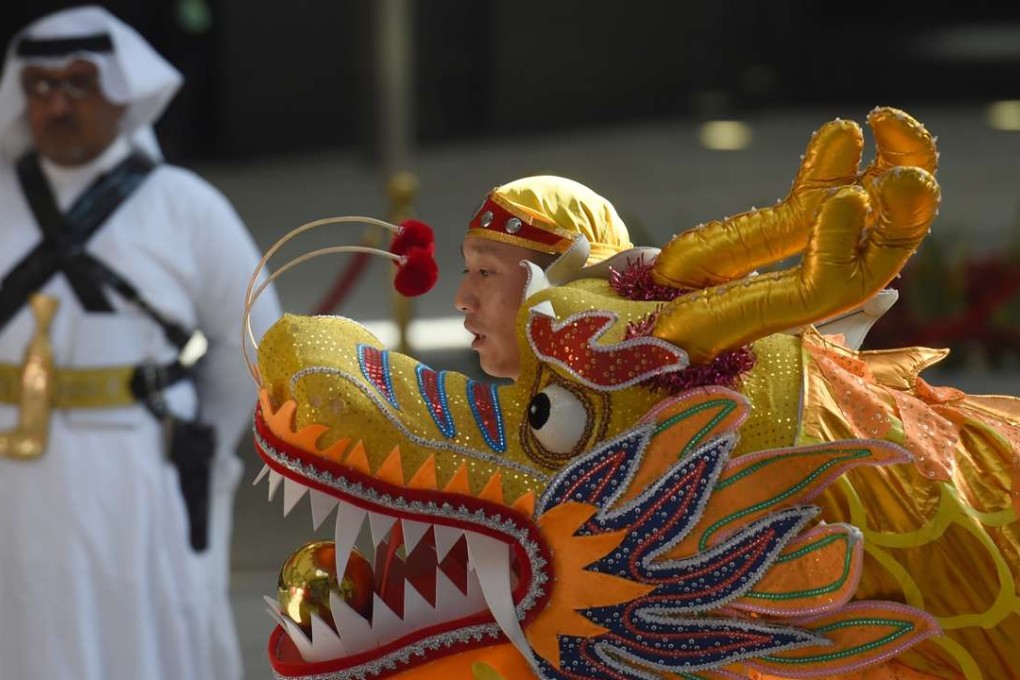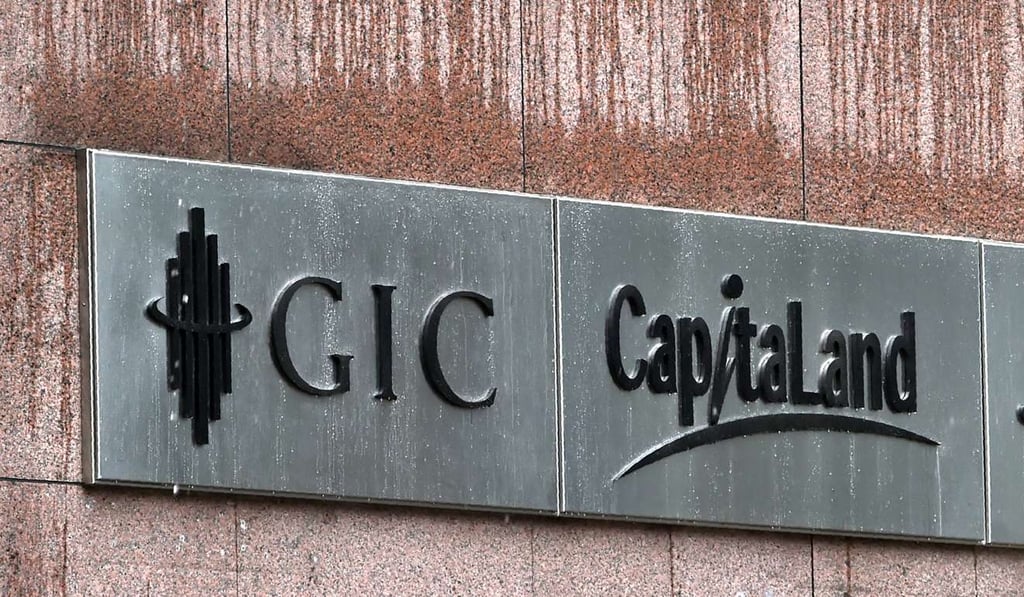Singapore’s hope of beating Hong Kong in IPOs is a pipe dream
The Lion City has neutrality on its side in its bid to secure listing of state oil giant Saudi Aramco. But Hong Kong’s liquidity – and appeal to Chinese investors – means it should remain the region’s gateway bourse

Singapore’s effort to score the 2018 listing of state oil giant Saudi Aramco – expected to be the world’s biggest initial public offering – is the latest show of its ambition to develop an elite global exchange, but analysts say a lack of liquidity in the Lion City should mean Hong Kong will hold firm as Asia’s top bourse.
The fierce courtship of Aramco has brought into focus how the region’s exchanges are dangling new carrots to attract multibillion-dollar listings that have dried up since the US$25 billion IPO of Alibaba in 2014 – the largest to date.
Sinopec Group believed to be considering stake in Saudi Aramco’s planned IPO
One incentive being considered in Singapore and Hong Kong is an easing of the one-share, one-vote orthodoxy in order to accommodate technology companies that prefer dual-class share structures in which the different classes have distinct voting rights and dividend payments.

With its estimated oil reserves of 265 billion barrels – or 15 per cent of the world’s proven reserves – the company is expected to be valued at around US$2 trillion. A five per cent flotation would raise US$100 billion, four times the amount raised by Alibaba, the owner of the South China Morning Post.
Aramco’s share offer is the centrepiece of the influential Deputy Crown Prince Mohammed bin Salman’s strategy to attract foreign investment and wean the country off its dependence on oil revenue.